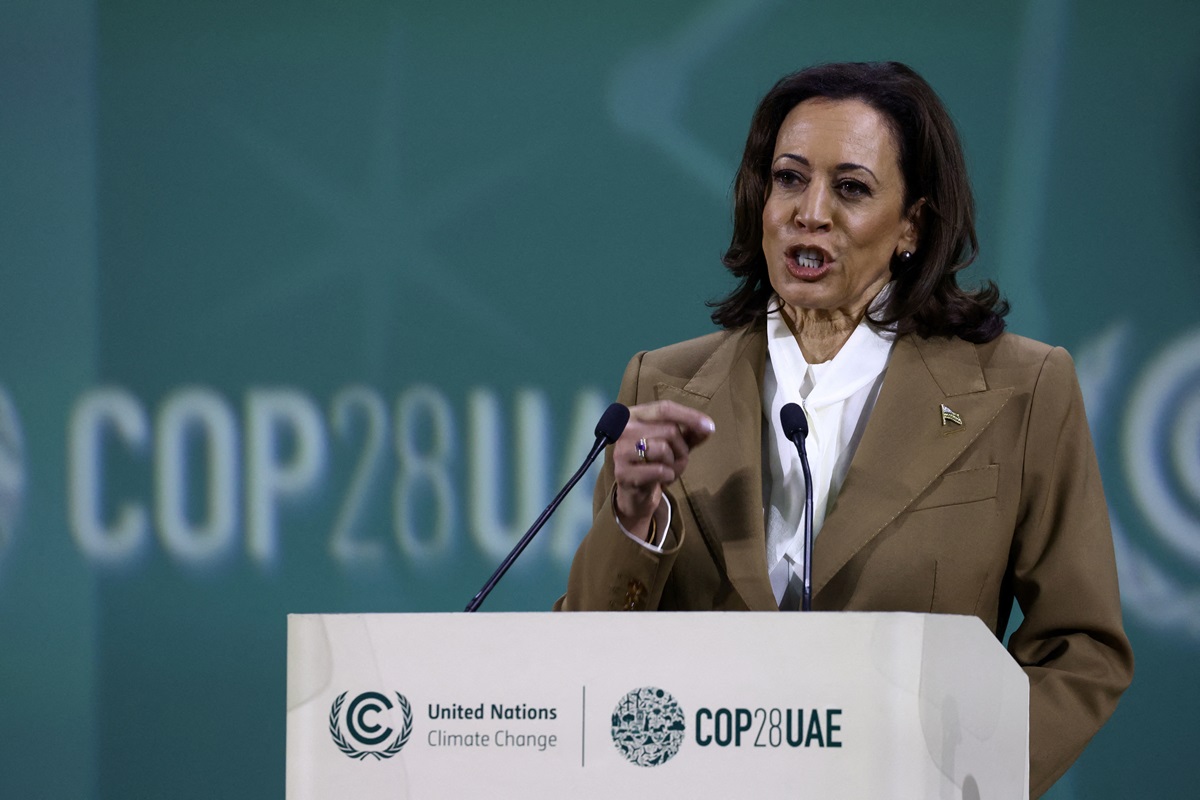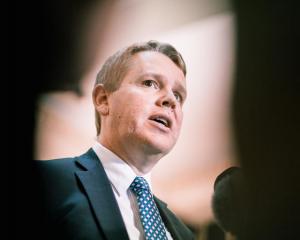
More than 100 countries - including Australia - have signed a pledge promising to treble world renewable energy use by 2030, at COP28.
University of Canterbury political science professor Bronwyn Hayward says she does not understand why New Zealand has not signed the pledge.
She said it was concerning and made the country's climate policy incoherent.
Hayward has called on the coalition government to clarify its stance, after it promised to repeal the ban on exploring for new oil and gas reserves off the coast of New Zealand, while also committing to renewable energy.
"The government will have to clarify its position if it's going to roll back both methane and its oil and gas," she said.
"How is it going to achieve its overall pledges to the world on Paris and how is it going to be a credible player in climate negotiations in the future?"
The United States, South Korea, Australia, the United Kingdom and a number of other European nations have backed the declaration.
"The moment we have the opportunity to do it...and we don't sign, it isn't at all understandable, it's confusing and a worry," said Hayward.
Melanie Robinson from the Institute told the BBC the pledge was important to meet climate goals.
She said it was really exciting.
"This is really significant, it's the single largest step the world can take towards achieving our global climate goals.
"On the one hand it can reduce the need of countries to keep those old power plants going but it also has other benefits; cleaner air, greater availability to use technologies like EVs."
US Vice President Kamala Harris said time was running out for the world to take action.
"The urgency of this moment is clear, the clock is no longer just ticking, it is banging and we must make up for lost time. And we cannot afford to be incremental.
"We need transformative change and exponential impact," she said.
Fifty oil and gas companies including Saudi giant Aramco also pledged to stop adding to planet-warming gases by 2050.
But that only covers emissions from production, not the burning of fossil fuels and critics said it would not meaningfully tackle climate change.
There are also no penalties for missing targets and the promises are not binding.
Leading sustainability organisation, the World Resources Institute is welcoming the decision by governments and oil companies promising to take stronger action to tackle global warming.
The new Minister for Climate Change, Simon Watts, is in Dubai and unavailable for comment.












